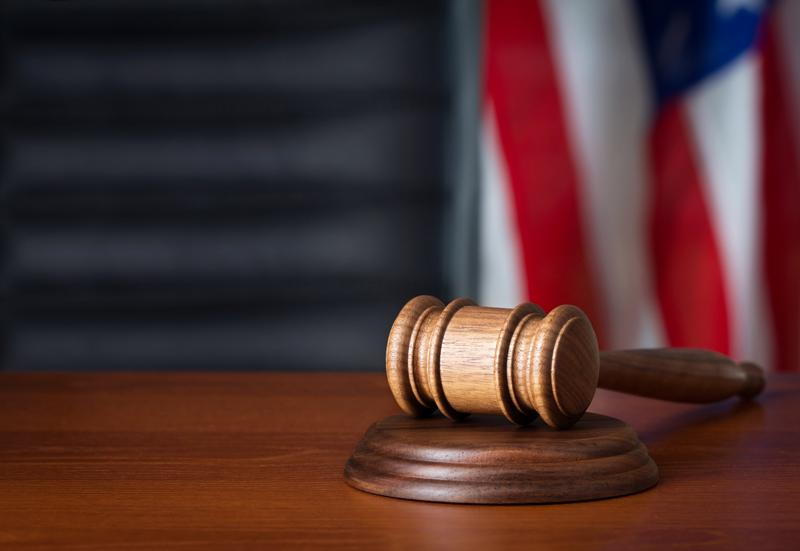
U.S. Supreme Court to Decide Critical Whistleblower Protection Case
- posted: Sep. 28, 2023
- Employee Rights, Whistleblower Litigation, Wrongful Termination
On May 1, the U.S. Supreme Court agreed to hear Murray v. UBS Securities LLC, a case that could have far-reaching implications for federal whistleblower protections. The court's decision will address a circuit split regarding whether a plaintiff suing under the whistleblower protection provision of the Sarbanes-Oxley Act (SOX) must prove retaliatory intent as part of their case or if it's an affirmative defense that the employer must prove. The outcome of this case may significantly impact the scope of protections available to whistleblowers.
Case background
Trevor Murray, a former UBS Securities employee, alleged that he was fired in retaliation for reporting fraudulent activities to his supervisors. UBS contested the claim, asserting that Murray's termination was part of a broader workforce reduction and not due to retaliation. The case hinges on whether retaliatory intent is a required element of a whistleblower claim under SOX's Section 1514A.
Federal circuit courts are divided on whether proof of retaliatory intent is necessary for a plaintiff's case under Section 1514A. The decision will resolve this conflict and establish a unified approach to whistleblower claims.
UBS will likely argue that the text of Section 1514A requires proof of retaliatory intent, as supported by the Supreme Court's interpretation of the Dodd-Frank Act's anti-retaliation provision. Murray, on the other hand, is likely to argue that the statutory text indicates that retaliatory intent is not necessary, pointing to the term “contributing factor” in Section 1514A.
Potential implications
The Supreme Court's ruling in this case will have significant implications for federal whistleblower laws and litigation. If the court agrees with the Second Circuit's interpretation, it may become more challenging for whistleblowers to succeed on retaliation claims under SOX. On the other hand, if the court rejects the Second Circuit's view, the current incentives and protections for whistleblowers may continue to grow.
For more information about your own potential whistleblower claim, contact a qualified whistleblower attorney at Kardell Law Group today.

